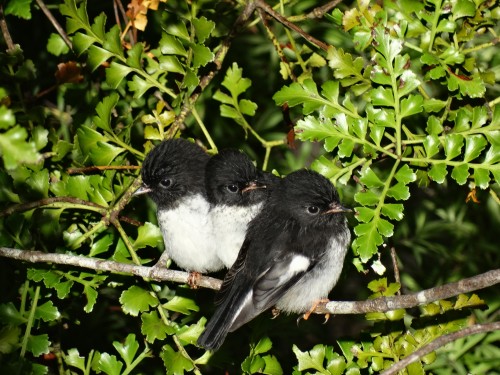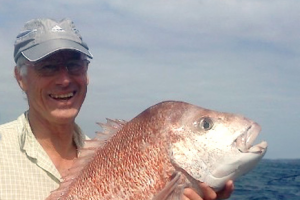Green reads
Bloggers: Communications Officer, Dave Brooks & Conservation Advocates, Quentin Duthie, Debs Martin & Mark Bellingham
If you’ve got a hankering for a little natural history, or you’re wanting to pick up green-read this summer look no further. In this blog, our staff give you their top picks.
Quentin Duthie, Consevation Advocate
During the summer, I usually head into the wilderness to climb high ridges and follow deep rivers. For me, nothing beats the beauty of snow-capped peaks above lush forest and tawny tussock, except perhaps the wink of a cheeky kea eyeing my lunch.
This summer will be different because I have a new daughter. Instead of lofty mountains, it will involve family-friendly wanders in the forest behind my home where the rata is blooming brightly and rare birds like the karearea (falcon), kakariki and NI robin are returning.
I’ll also have a bit more time on my hands for holiday reading: among them the latest NZ Alpine Club Journal, magazines and novels. However, I also want to read some cerebral material this summer, and my topic of choice is the economics of conservation. I anticipate this will be a major topic of debate and policy development in 2011, including at forthcoming conferences of Forest & Bird and the Federated Mountain Clubs (see p18-20 of their Nov Bulletin [PDF 5Mb]).
You may like to read some too this summer, from shortest to most dense:
- Ignore diversity at your peril – an opinion piece in The Press this week
- Building Biodiversity: Building New Zealand – DOC Director-General Al Morrison’s recent speech
- The value of conservation – a DOC report from 2006
- The economics of ecosystems and biodiversity (TEEB) reports: especially Mainstreaming the Economics of Nature [PDF] and the TEEB for Business Report [PDF]
Please use the comments to suggest other reading material on this topic, and your thoughts as you read.
Debs Martin, Conservation Advocate for the Upper South Island
Wild Law, by Cormac Cullinan.
Excellent and compelling read. This book helps to re-think the way we view the natural world, and how the legal system might better embrace ways of ensuring our planet heads to survival not extinction. Using tales of traditional law/lore, Cormac explores how our the way we structure our laws can help achieve real outcomes. Not at ALL dry!
World as Lover, World as Self, by Joanna Macy.
Embraces a very holistic approach to the current ecological crisis. Using deep ecology and spirituality frameworks, Joanna Macy weaves a wonderful progression of how we can deal with this seemingly overwhelming situation so that we can continue to encourage others to participate, revitalise societal action, and consciously act from a deep knowledge of our interconnectedness with life on this planet.
Dave Brooks, Communications Officer.
Freedom, Jonathan Franzen
This book is one of the most talked about and applauded novels of 2010. Freedom is mostly about a cast of characters struggling through life in the US today, the bad choices and self delusions that propel them into making a mess of their lives. But through one of the central characters, ardent environmentalist Walter Berglund, it also touches on the many ways our species is making a mess of the planet. There’s no simple answers on offer, as Walter finds out when he considers a deal with a mining company which would create a sanctuary for the rapidly declining songbird, the Cerulean warbler, while the miners blast mountain tops in West Virginia to extract their coal. You can find out more about the book, Franzen and his love of bird-watching through the following links.
- http://www.guardian.co.uk/environment/2010/dec/06/jonathan-franzen-activism-overpopulation-birds
- http://www.guardian.co.uk/books/2010/nov/14/why-books-are-too-long-robert-mccrum?INTCMP=SRCH
Wild South, Saving New Zealand’s Endangered Birds, Rod Morris and Hal Smith
Wild South is based around the TV series of the same name, and was first published in 1988. It’s an easily digestible introduction for the non-expert and anyone unfamiliar with the stories of some of our most endangered birds, as well as the sad extinctions of the huia and moa. Their loss is irretrievable but there are also inspirational stories about efforts to bring other species back from the brink of disappearing forever. The innovative thinking and determination of people like Don Merton in their work with the Chatham Island black robin and kakapo and other species have blazed a trail in trying to turn around what had seemed a relentless slide towards extinction.
Mark Bellingham, North Island Conservation Manager
Dancing with Dependency – Calvin Helin.
This is a book I brought back from Canada. It’s all about indigenous people in the poverty trap. It has some resonance with the situation in NZ and why some people cannot help us in conservation – until they can help themselves.



